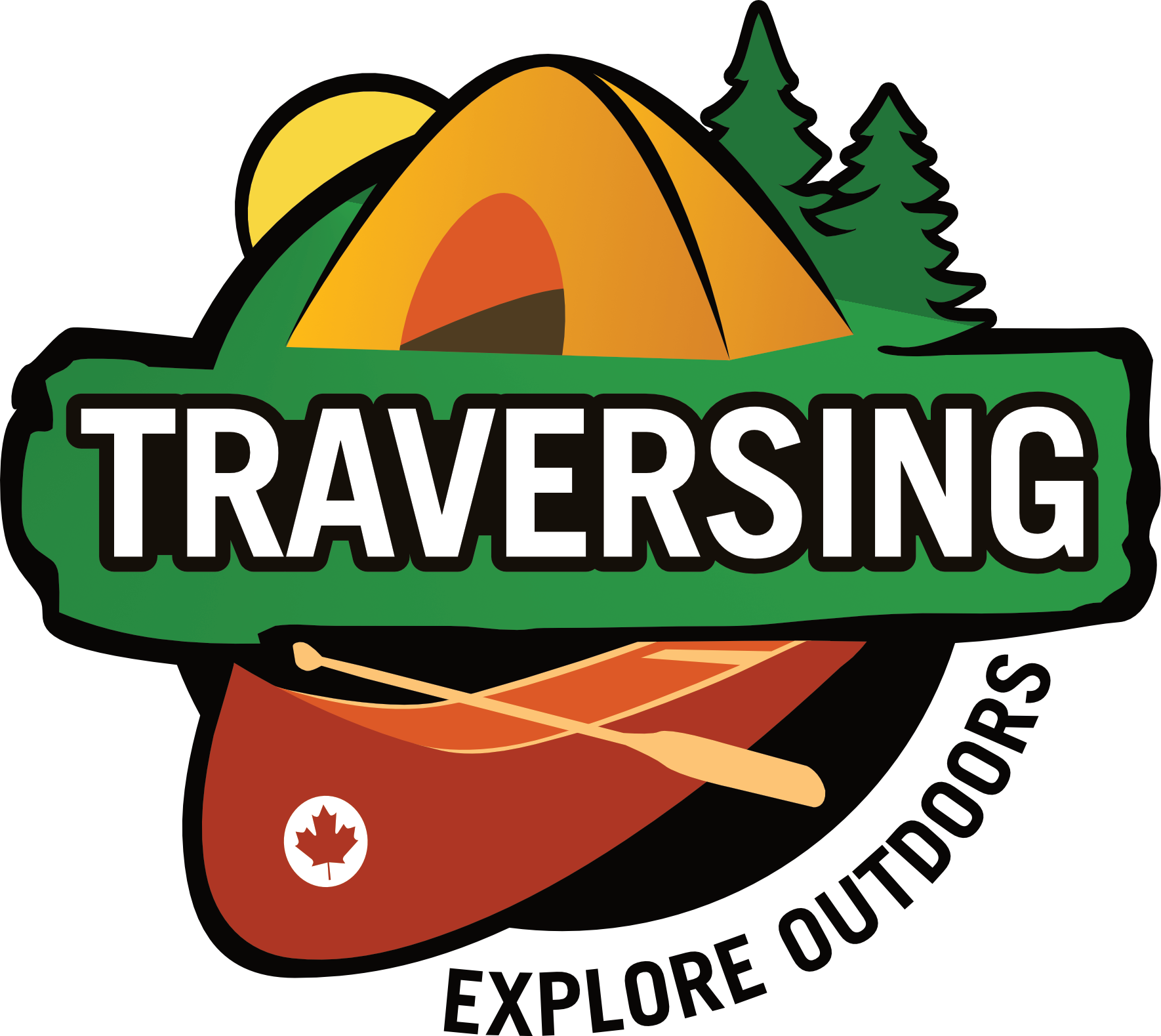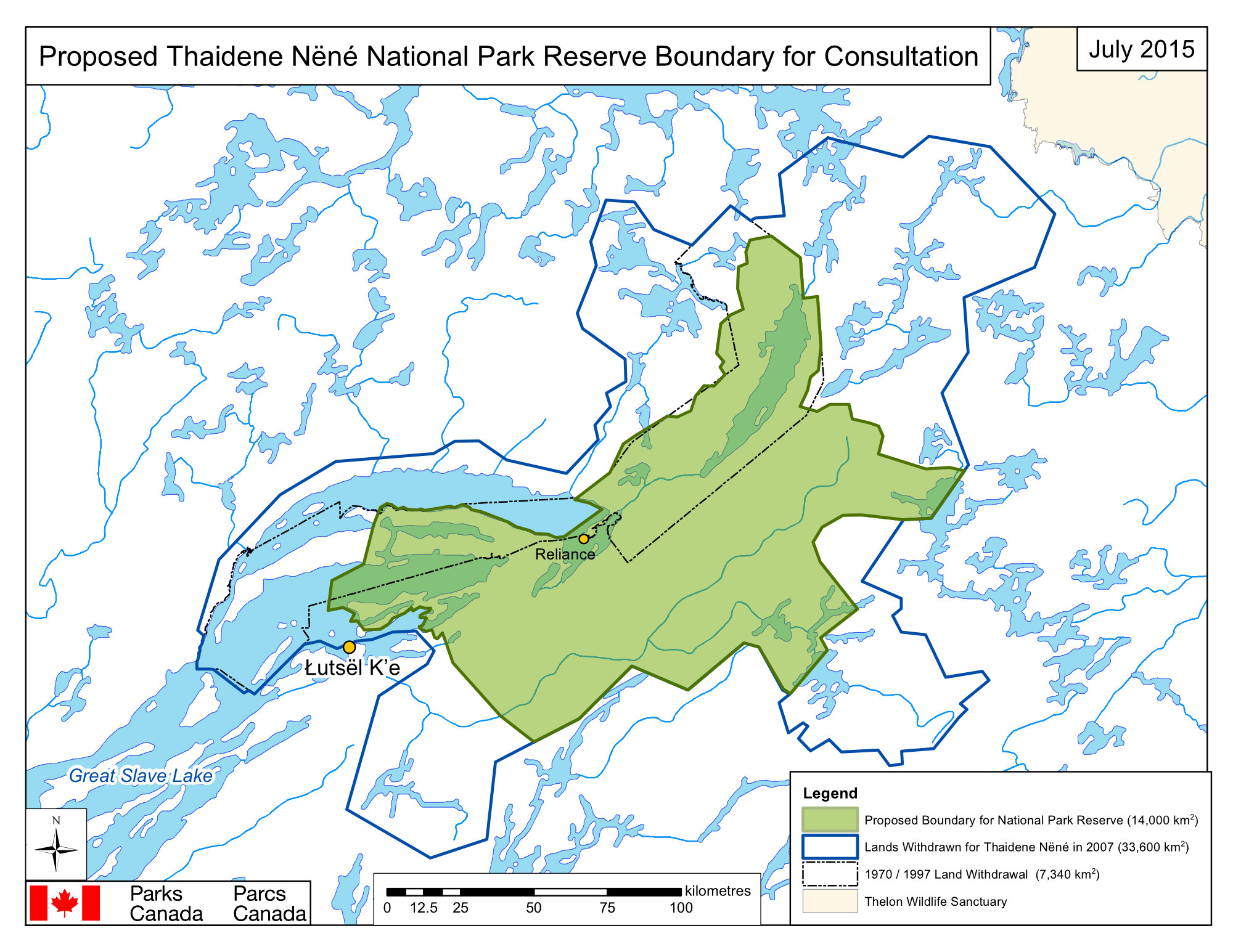Thaidene Nëné National Park Reserve Becomes N.W.T.'s Newest Park

Parks Canada originally started working on a project to protect a section of land in the North West Territories just East of Great Slave Lake in the 1970’s. It has taken a long time to get to this week’s announcement but after years of negotiations Thaidene Nëné National Park Reserve has officially been announced.
“Thaidene Nene is an area of breathtaking beauty, natural abundance and immense cultural significance to the Indigenous communities in the region. Our government is proud to work side-by-side with the Government of the Northwest Territories, the Łutsël K’e Dene First Nation, the Northwest Territory Métis Nation, and the Deninu K’e First Nation to establish Thaidene Nene National Park Reserve, as part of our commitment to double the amount of nature protected across Canada for today and future generations.”
Photo © Wayne Lynch, Parks Canada
Agreements will be signed between Parks Canada, Government of Northwest Territories, the Łutsël K’e Dene First Nation, the Northwest Territory Métis Nation, the Deninu K’ue First Nation, and with the Yellowknives Dene First Nation to protect 14,000 square kilometres of wilderness. With a landscape that transitions from boreal forest to tundra, the Thaidene Nene area is of great cultural importance to the Indigenous peoples who have lived along the shores of Great Slave Lake for hundreds of generations.
Thaidene Nene represents the Northwest Boreal Uplands natural region of Canada’s national park system and is home to many boreal and tundra mammals such as barren-ground caribou, moose, muskox, grey wolf, black and grizzly bear, red and Arctic fox, lynx, wolverine, as well as many species of birds and fish.
Thaidene Nëné’s spectacular wilderness characteristics attract many visitors and local residents each year for experiences such as: boating, camping, fishing, berry picking and hiking in ‘the land of giants.’
Banner image from Thaidene Nëné




